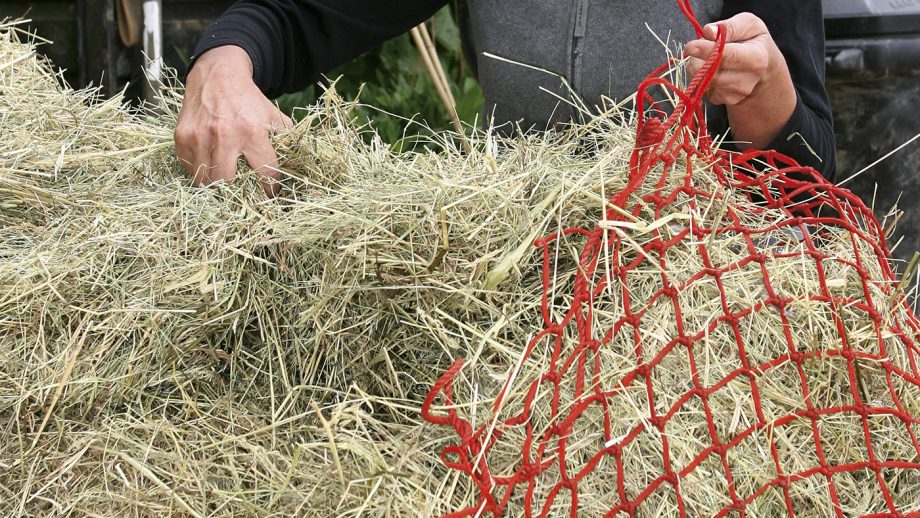News from the recent FEI general assembly includes the latest clean sport initiatives and wearing protective helmets when mounted to become compulsory
The FEI is looking at introducing dope testing outside competitions as well as testing from hair and saliva samples.
Veterinary director Göran Akerström updated national federations at the general assembly in Moscow (16 to 19 November) on the FEI’s clean sport work, urging delegates to have national head vets and testing programmes, as “we will not be able to protect horse welfare and ensure a level playing field and development of sustainable sport without it”.
He spoke of “lots of discussion” about contamination and stable security, adding there is a “huge need” for education of all stakeholders.
“We’ll introduce an electronic system giving us information on horses,” he added, “to enable us to start looking at out-of-competition testing, as it’s very important to ensure horses aren’t being trained on painkillers, for example.
“We’re looking into hair testing, opening up the possibility of detecting anabolic steroids for a longer time, and to deter micro-dosing of sedatives and heart rate-lowering substances on the field of play, especially in endurance, we’re looking into developing saliva testing.”
Mr Akerström also cited certain “problematic” specified substances, which have caused problems in areas including South Africa and Mexico (news, 24 October).
“Further research is important and will be carried out,” he said.
Compulsory headwear from 2021
In other news from the general assembly, federations voted in favour of a rule that all riders must wear protective headgear when mounted on showgrounds from 2021.
“Tradition is important in our sport, but it’s difficult to not follow the medical community’s advice,” said FEI dressage committee chairman Frank Kemperman. “There’s no really strong argument against the use of protective headgear in dressage.”
Riders may still be allowed to go without safety helmets in prize-givings — although in a report from FEI medical committee chairman Peter Whitehead, it was revealed that of 581 records submitted on non-eventing injuries in FEI competition, this year seven were in dressage. Two were head injuries, one sustained in a prize-giving and the other in a trot-up.
The New Zealand federation, which introduced the rule for national events three years ago, supported the change.
You may also be interested in…

Hay blamed for two positive drug tests at international show

Dope testing: what is it and how does it work?
Find out everything about dope testing and how you can avoid an accidental positive test

British groom suffers head injury during Rio dressage medal ceremony
One of the grooms suffered a blow to the head when a horse reared up and struck out during the

British Eventing calls time on top hats and beaglers
British Eventing has become the latest national federation to ban top hats and hunting caps at all levels



